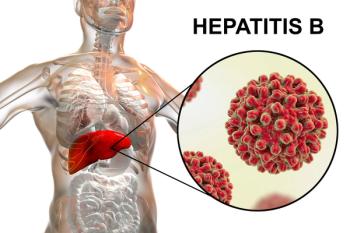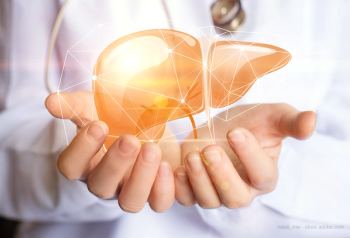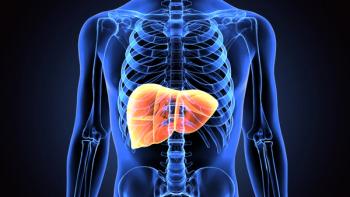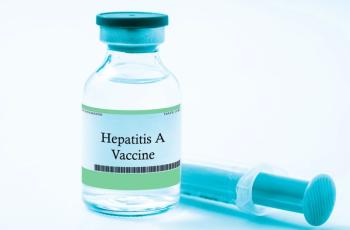
Daily Soda Raises Risk of Liver Disease in Postmenopausal Women
About 65% of adults in the United States drink sugar-sweetened beverages daily, which increases the risk for liver cancer and mortality in women.
Women who drink soda every day are at a higher risk of developing liver diseases, including cancer, finds a recent study published in
“To our knowledge, this is the first study to report an association between sugar sweetened beverage intake and chronic liver disease mortality,” first author Longgang Zhao, Ph.D., of the Brigham’s Channing Division of Network Medicine, said in a
Researchers from Brigham and Women’s Hospital conducted an observation study to assess the association between sugar-sweetened beverages, artificially sweetened beverages, and incidence of liver cancer and chronic liver disease mortality.
Their analysis included 98,786 postmenopausal women from the prospective
Women in the Brigham study reported their usual soft drink, fruit drink (not including fruit juice) consumption and were followed for a median of more than 20 years. Researchers looked at self-reported liver cancer incidence and death due to chronic liver disease such as fibrosis, cirrhosis, or chronic hepatitis.
Investigators found that 207 women developed liver cancer and 148 died from chronic liver disease. Additionally, they found that 6.8% of women consumed one or more sugar-sweetened beverage per day, and 13.1% consumed one or more artificially sweetened beverage servings per day at the three-year follow-up. Those who had one or more servings per day had a significantly higher risk of liver cancer (18.0 vs 10.3 per 100 000 person-years) and chronic disease mortality (17.7 vs 7.1 per 100 000 person-years).
The study had several limitations. The study was observational and relied on self-reported information about intake, sugar content and outcomes. More studies are needed, investigators said, to validate this risk association and determine why the sugary drinks appeared to increase risk of liver cancer and disease.
“Our findings, if confirmed, may pave the way to a public health strategy to reduce risk of liver disease based on data from a large and geographically diverse cohort,” Zhao said.
Newsletter
Get the latest industry news, event updates, and more from Managed healthcare Executive.























